In the dynamic world of music production, setting up the right recording studio is crucial for bringing your creative visions to life. Whether you’re a seasoned musician or a budding producer, finding the ideal recording studio near you involves considering several critical factors, from budget and location to quality and technical setup. This comprehensive guide will walk you through the essential steps to select the perfect recording studio, ensuring your music stands out in the competitive landscape. By exploring everything from budget considerations and location factors to the technical requirements and legal aspects, this article will empower you to make an informed decision that aligns with your unique needs. From choosing the right equipment to evaluating studio environments, we’ll cover all bases to help you establish a professional recording space that enhances your creative process and delivers polished results.
Key Takeaways
– Understand the key differences between a music studio and a recording studio: A music studio handles the entire production process, while a recording studio focuses solely on capturing high-quality audio.
– Consider the benefits of using a recording studio: Professional-grade equipment, collaboration opportunities, time efficiency, and tailored services can enhance your music production.
– Know your rights and the studio’s policies: Recording studios do not own your music but may hold rights to the master recording, so always secure physical possession of your tapes.
– Protect your master recordings: These are your most valuable assets, essential for future use, remixes, and rights protection.
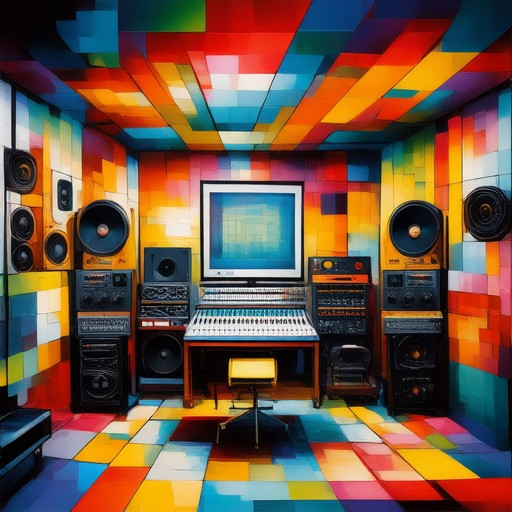
How to Pick a Recording Studio?
Choosing the right recording studio is crucial for bringing your musical vision to life. Here’s a step-by-step guide to help you make the best choice:
- Research and Reputation: Start by researching local studios in your area. Check online reviews, ask for referrals, and visit forums or social media groups where musicians share their experiences. A reputable studio with positive feedback is likely to deliver high-quality results.
- Studio Size and Facilities: Consider the size and amenities of the studio. Small studios may offer a more intimate setting, while larger ones provide more space and advanced equipment. Ensure the facility has everything you need, such as soundproof rooms, high-quality microphones, and mixing consoles.
- Experience and Expertise: Look for a studio with experienced engineers who understand your genre. Ask about their portfolio and previous projects to gauge their capability in handling your style of music.
- Cost and Budget: Compare prices and packages offered by different studios. Consider additional costs like session fees, time beyond the booked hours, and any extra services you might need. Create a budget to align with your expectations.
- Availability and Flexibility: Check the studio’s schedule and confirm their availability. A flexible studio that can accommodate your preferred dates and time slots is ideal. Some studios offer last-minute deals or discounts for off-peak hours.
- Testimonials and References: Request testimonials or contact previous clients to get honest feedback about the studio’s service quality. This can provide valuable insights into the studio’s reliability and professionalism.
- Location Convenience: Choose a studio that’s conveniently located to minimize travel time and reduce stress. Proximity to your practice space or home can save you time and effort.
Additionally, consider visiting the studio beforehand to assess the environment and meet the team. A comfortable and supportive atmosphere can significantly enhance your recording experience. For more tips on selecting the perfect studio, explore our Top Studio Equipment Guide and Finding the Best Music Producer articles.
What is the Average Cost of a Recording Studio?
The average cost of building a recording studio varies widely based on several factors, including location, equipment, and amenities. Generally, the cost ranges from $25,000 to $300,000+ , depending on the scale and quality of the facility.
Factors Influencing Recording Studio Costs
- Location: Renting or purchasing a commercial space in urban areas tends to be more expensive compared to suburban or rural locations.
- Equipment: High-end audio gear, mixing consoles, andoutdoor facilities significantly increase costs.
- Renovation: Converting an existing space may require structural changes and acoustic treatments, adding to expenses.
- Acoustic Treatment: Building a studio with soundproof walls and isolation rooms can be costly but essential for professional quality.
- Utilities and Maintenance: Expect ongoing costs for electricity, internet, and maintenance.
- Insurance and Permits: Professional liability insurance and local permits can add to the budget.
- Studio Size and Features: Larger studios with advanced features tend to cost more.
Budget Considerations
If you’re working with a limited budget, consider these alternatives:
- Renting a Space: Monthly rental costs can be more affordable than purchasing a property.
- Modular Studios: Pre-fabricated or portable structures can reduce initial investment costs.
- Shared Studios: Collaborative spaces offer access to equipment and facilities at a lower cost.
- Used Gear: Buying second-hand equipment can save significantly on upfront expenses.
Conclusion
Building a recording studio is a significant investment, but careful planning and prioritization of needs can help manage costs. Whether you opt for a fully custom setup or a more modest configuration, the end result should reflect your vision and budget constraints.
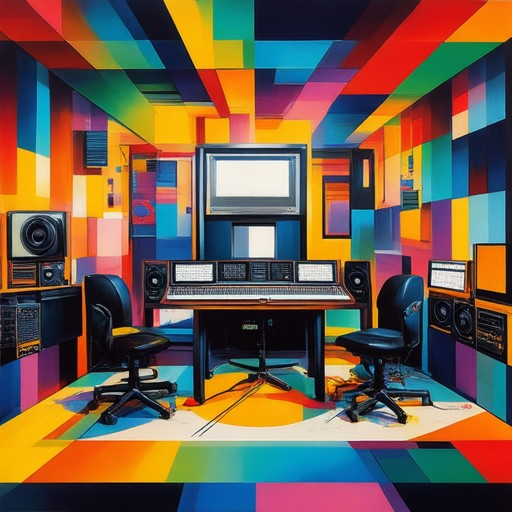
Qualities of a Good Recording Studio
A good recording studio excels in providing high-quality audio production services, offering a combination of state-of-the-art facilities, expert personnel, and a welcoming environment. Here are the key characteristics that define a standout recording studio:
- Advanced Equipment :
A reputable recording studio invests in top-tier equipment, including high-end microphones, mixing consoles, outboard gear, and reliable audio interfaces. These tools ensure superior sound quality and versatility for various projects. - Exceptional Acoustics :
Proper acoustic design and treatment are critical. A well-isolated space minimizes echo and unwanted noise, creating a clean sonic environment for recording and mixing. - Experienced Team :
Staffed with skilled audio engineers, producers, and technicians, these professionals bring expertise to every project, helping artists achieve their vision and navigate the recording process effectively. - Customer-Centric Approach :
A good studio prioritizes client comfort and satisfaction, offering personalized service and clear communication to ensure a positive experience. - Strategic Location :
Situated in a quiet, controlled environment away from urban disturbances, the studio provides optimal conditions for recording sessions. - Additional Amenities :
Features like comfortable waiting areas, separate control rooms, and post-production capabilities enhance convenience and flexibility for clients. - Technological Integration :
Equipped with modern DAWs (Digital Audio Workstations) and monitoring systems, the studio streamlines the production process and ensures precise sound reproduction. - Commitment to Long-Term Support :
Offering ongoing session fees, equipment maintenance, and artist development services, the studio builds lasting relationships with its clients. - Reputation and Word-of-Mouth :
Established as a trusted destination, the studio often attracts accomplished artists and repeat clientele due to its reliability and quality standards.
By combining technical prowess with a focus on client needs, a good recording studio creates an environment conducive to creativity and success.
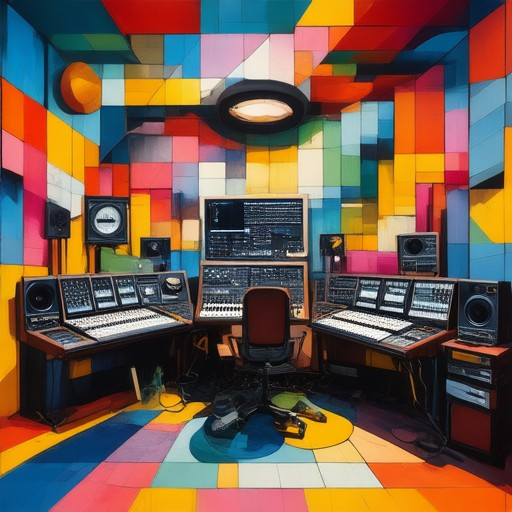
Understanding the Difference Between a Music Studio and a Recording Studio
A music studio and a recording studio may seem similar, but they serve distinct purposes in the creation of music. Here’s a breakdown of their differences:
- Music Studio: A music studio is a facility or software application where musicians, producers, and engineers create, mix, and master music. It encompasses the entire production process, from composing and recording to editing and producing tracks.
- Recording Studio: A recording studio is specifically designed for the sole purpose of capturing high-quality audio. It focuses on the initial phase of music production, which involves recording live performances or sessions.
Key Differences
- Purpose: A music studio is used for the entire production process, while a recording studio is specifically for recording audio.
- Scope: In a music studio, engineers handle everything from recording to mixing and mastering. In a recording studio, the primary function is to capture audio accurately.
- Equipment: Both studios typically have similar equipment, but a music studio usually includes tools for editing, mixing, and producing, whereas a recording studio focuses on high-quality microphones and audio capture devices.
- Collaboration: Musicians and producers often work closely in a music studio to shape the track from start to finish. In a recording studio, the focus is on capturing the best possible performance during the session.
Understanding these distinctions can help artists and producers choose the right environment for their musical projects. Whether you’re working on a full album or a single track, knowing the difference between a music studio and a recording studio will guide your decision-making process.
Is It Worth Going to a Recording Studio?
Determining whether it’s worth going to a recording studio involves evaluating your goals, budget, and expectations. Here are some factors to consider:
- Professional Quality: A recording studio offers state-of-the-art equipment and expertise, ensuring your music sounds polished and professional.
- Collaboration Opportunities: Work with experienced engineers who can guide you through the recording process and help bring your vision to life.
- Time Efficiency: Studios often streamline the recording process, allowing you to focus on creativity rather than technical setup.
- Feedback and Direction: Get constructive feedback from engineers to improve your tracks before finalizing them.
- Networking: Meet other musicians and connect with industry professionals, which can open doors for future collaborations.
- Customization: Tailor your recording experience to fit your specific needs, whether it’s a full album or a single track.
If you’re serious about your music and want professional results, investing in a recording studio is almost always worth it. It’s an investment in your artistry and future projects.
For more insights, explore our Oedipus Band resources and discover how professional recording can transform your music.
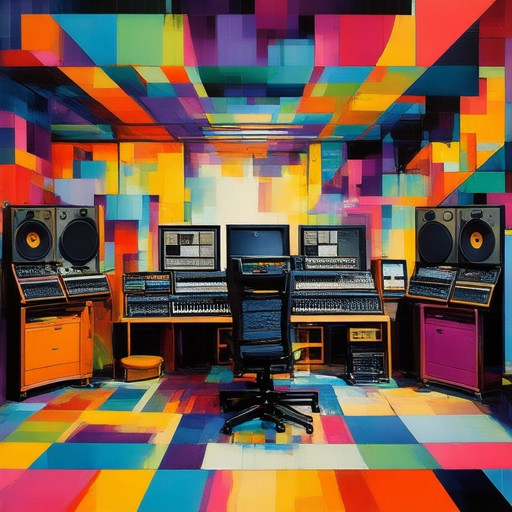
Does a Recording Studio Own Your Music?
No, a recording studio does not own your music. Under copyright law, you retain ownership of your original creations. However, the studio may hold certain rights to the recorded version of your music, particularly the master recording. This is why it’s crucial to always secure physical possession of your master tapes.
What Rights Do Recording Studios Have?
Recording studios typically have limited rights to the music they record. They may have the right to distribute the music they produce for you, but they cannot claim ownership of the underlying composition or the intellectual property associated with it. This distinction is critical when negotiating contracts with studios.
Why Master Recordings Are Crucial
Your master recording is your most valuable asset. It represents the original artwork and is necessary for future use, remixes, remasters, and derivative works. Losing control of your master recording can lead to costly royalties and limitations in how you use your own music.
Conclusion
Always ensure you have full ownership of your master recordings. This protects your rights and gives you flexibility for future endeavors. For detailed information, consult a legal expert or visit our FAQ section.


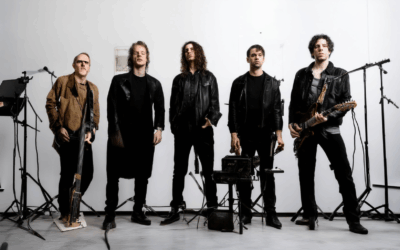
0 Comments